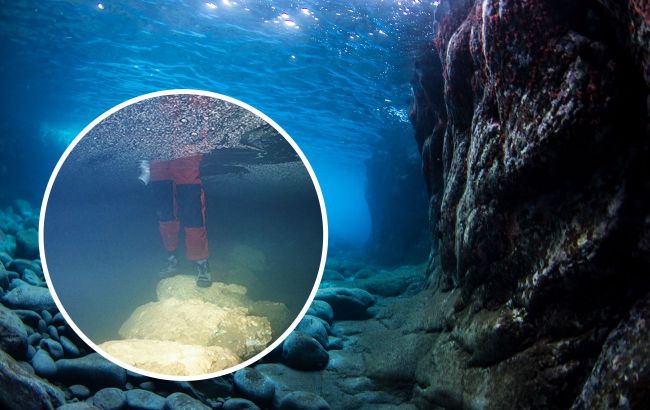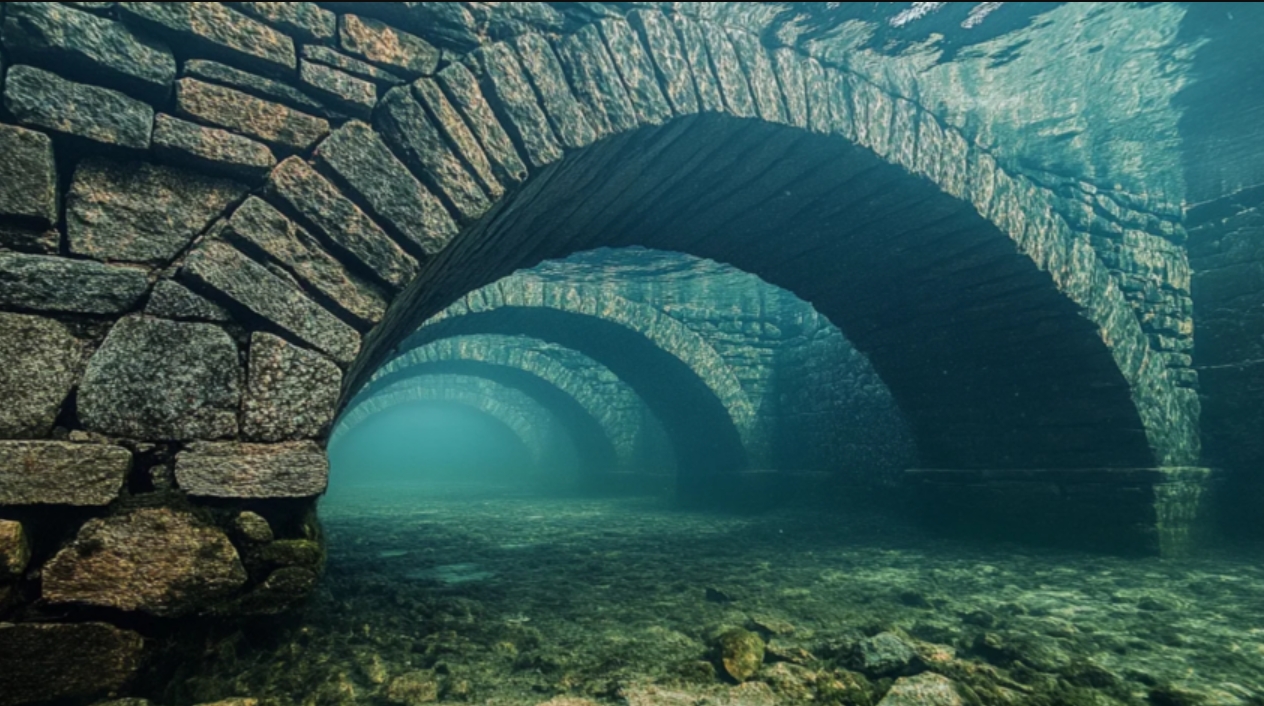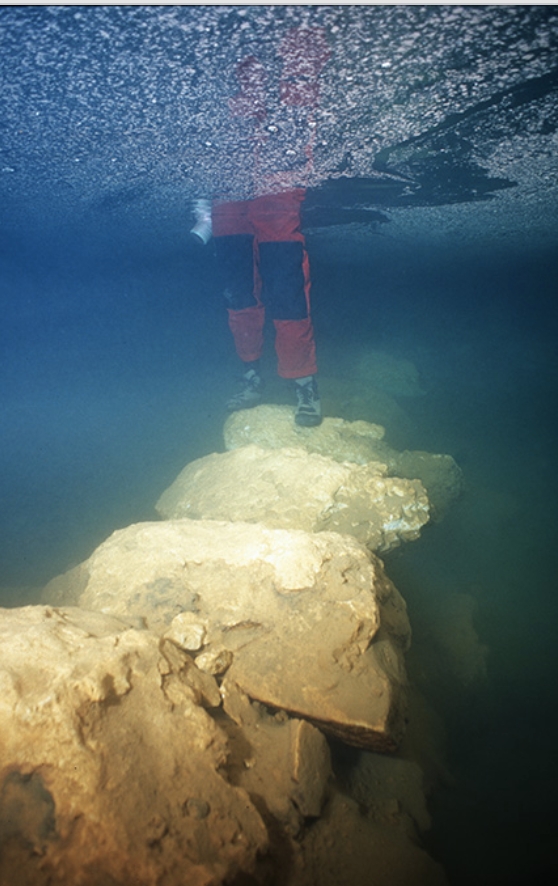Mallorca's ancient bridge: 5,600-year-old mystery that could redefine history
 Photo: Mallorca's 5,000-year-old underwater bridge may rewrite human history (collage by RBC-Ukraine)
Photo: Mallorca's 5,000-year-old underwater bridge may rewrite human history (collage by RBC-Ukraine)
Researchers discovered a remarkable underwater bridge in an ancient cave on the island of Mallorca. Studying the data on this bridge shocked scientists, as this find could completely overturn our understanding of the early history of human settlements in the Western Mediterranean.
Nature journal reveals details on what scientists find out and how this discovery could change the entire history of humanity.
The ancient underwater bridge, 7.5 meters long, was found during a dive in the Genovesa Cave on the island of Mallorca. It is located at a depth of about 30 meters and was built from large limestone blocks and boulders, indicating a complex construction technique likely possessed by the ancient inhabitants of the island.
The presence of this bridge and other artifacts in the cave suggests that people actively used water resources and created infrastructure for navigation.
Researchers found ceramics in the cave that date back to around 3,500 years, which suggests that the bridge was built even earlier. By studying the geological formations and features of the bridge, scientists determined its age—about 5,600 years.

This shocks researchers the most, as it calls into question our understanding of the settlement of Mediterranean islands.
Earlier studies indicated that people began to inhabit these areas around 4,400 years ago. But the current discovery in Mallorca suggests that this happened much earlier.
Moreover, scientists still have many questions: for what purpose was this bridge built? What other secrets does the Genovesa Cave hold? Where did ancient people get the technology?

Professor Bogdan Onac, the lead author of the study from the University of South Florida, noted that the exact reasons for the bridge's construction remain a mystery.
The discovery of this bridge is an important step in understanding humanity's early history. It indicates that our ancestors were much more advanced and inventive than we thought and could have settled the Mediterranean islands much earlier than scientists assumed.

